Medium Combustion Plant Directive (MCPD) Services
Navigate MCPD compliance with confidence. Element's comprehensive MCPD emissions testing and environmental permit services help you meet regulatory requirements seamlessly. As the UK's largest MCERTS-accredited testing provider, we support operators across all combustion plant sizes with expert guidance, ensuring your facilities stay compliant while minimizing operational disruption. Whether you're managing a new installation or transitioning existing plants, we've got you covered.
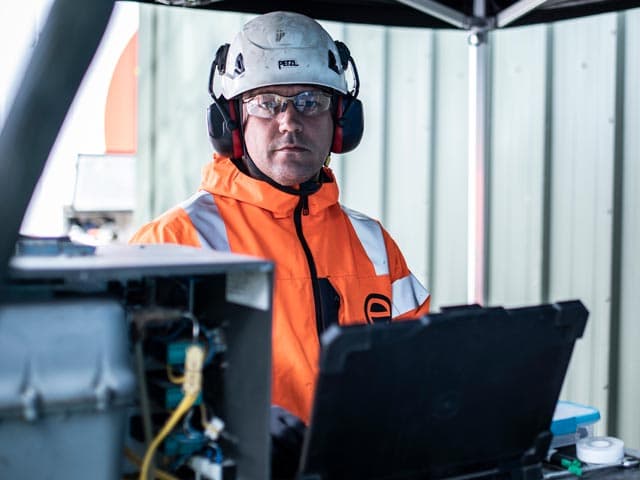
What are Medium Combustion Plant Directive Services at Element?
The Medium Combustion Plant Directive regulates emissions from facilities between 1-50 MWth, requiring specific testing and permits to control SO2, NOx, and dust emissions. Element provides complete MCPD compliance solutions, from initial permit applications through periodic emissions monitoring. Our UKAS and MCERTS-accredited services ensure your facility meets all regulatory requirements while maintaining operational efficiency. We handle everything from standard rules permits to complex bespoke applications requiring air dispersion modeling.

What can Element offer you for Medium Combustion Plant Directive Services?
What We Test
What We Test
At Element, we test emissions across all fuel types and combustion plant configurations. Our expertise covers gas-fired processes, biogas facilities, and solid fuel installations. We conduct comprehensive testing for NOx, SO2, dust, and CO emissions, ensuring complete coverage of MCPD requirements. Our testing capabilities extend to all medium combustion plants between 1-50 MWth, including engines, gas turbines, and boilers used in residential, domestic, or industrial applications.
Key Services Offered
Key Services Offered
Element provides end-to-end MCPD compliance solutions, starting with permit application support through to regular emissions monitoring. We offer three levels of environmental permits: standard rules for low-risk operations, simple bespoke for installations not requiring modeling, and complex bespoke permits including full air dispersion modeling. Our MCERTS-compliant isokinetic testing methods ensure accurate dust emissions monitoring, while our comprehensive approach covers all fuel-dependent monitoring parameters.
Cutting-Edge Equipment We Use
Cutting-Edge Equipment We Use
Our testing equipment meets all MCERTS requirements and international standards. We utilize specialized isokinetic testing equipment for dust emissions monitoring, ensuring precise measurements that comply with regulatory standards. Our advanced monitoring systems can handle all required parameters across different fuel types, providing accurate and reliable results for regulatory compliance.
Which Labs Offer This Service
Which Labs Offer This Service
Element operates 10 regional laboratories across the UK and Ireland providing comprehensive coverage for MCPD testing services, as part of our larger global network. With over 8,500 experts worldwide operating from environmental testing hubs, we combine local expertise with global capabilities. While MCPD compliance is specific to UK and European regulations, our international presence ensures we bring world-class testing expertise and best practices to every project. Our network ensures convenient access to accredited testing facilities, supporting clients throughout the UK and Europe with local expertise backed by global experience. Find out where your nearest environmental testing hub is on our Locations Page.
Standards we test to and what we test
- BS EN 14791 (NOx testing)
- BS EN 15058 (CO testing)
- BS EN 13284-1 (Dust testing)
- BS EN 14791 (SO2 testing)
- Gas-fired processes
- Biogas systems
- Solid fuel installations
- Engines
- Gas turbines
- CHP boilers
- Industrial combustion plants
- Residential heating systems
- Domestic heating plants
Your Challenges, Our Solutions
Complex Regulatory Compliance
Meeting Critical Deadlines
Technical Testing Requirements
Risk Management
Why Choose Element

UK's Leading Testing Provider
Comprehensive Coverage
Complete Compliance Solution
Expert Guidance
Proof points
10+regional laboratories
3year testing cycle
50MWth Range
100%standard compliant

Frequently asked questions
What types of environmental permits are available for MCPD compliance?
Three permit types are available: Standard rules permit for low risk operations, Simple bespoke for low risk without modeling requirements, and Complex bespoke requiring air dispersion modeling.
How often is emissions monitoring required?
Monitoring must begin within four months of permit issue and continue at least every three years thereafter.

Explore our global network of labs and find your nearest location
VIEW ALL LOCATIONSRelated services
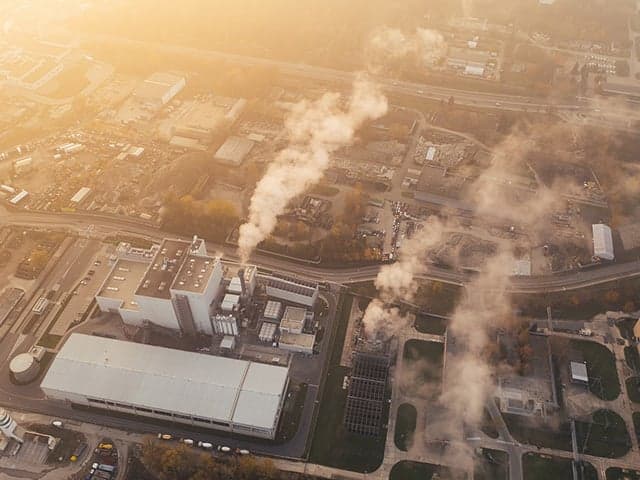
Air Quality Testing and Monitoring
Element's air quality monitoring services use an array of collection and analysis methods, including EPA method TO-15, to cover all your air quality monitoring needs.
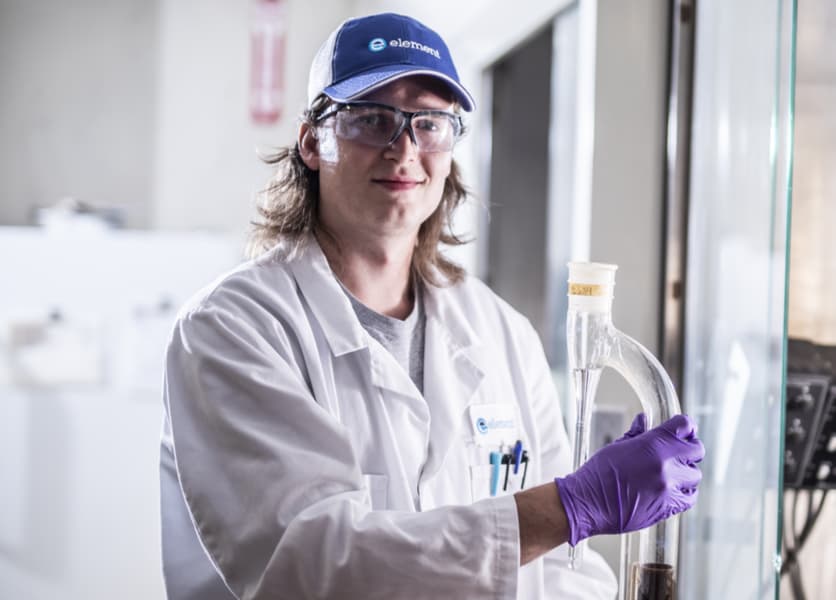
Landfill Monitoring and Testing
We provide landfill gas monitoring, testing, WAC analysis, and EfW compliance services to help you manage gas migration, stay compliant, and ensure accurate waste classification for safe and proper disposal.
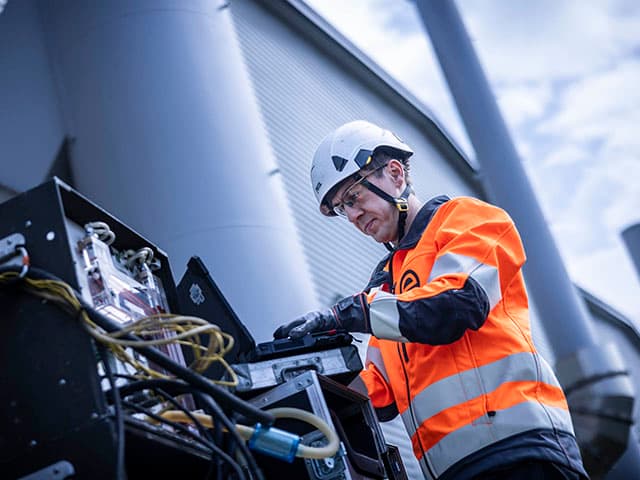
Flaring Emissions and Biogas Emissions Monitoring Services
Element's flaring and biogas emissions monitoring ensures regulatory compliance with accurate testing, advanced Phoenix Mast technology, and expert analysis. Our UKAS-accredited services deliver safe, efficient, and cost-effective solutions tailored to landfill, wastewater, and biogas facilities.
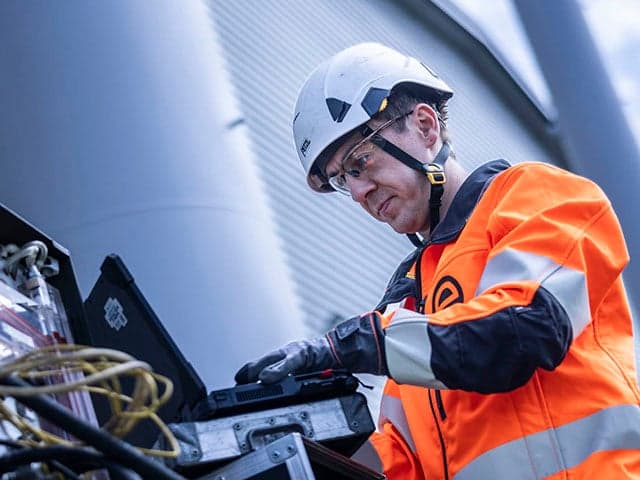
Air Dispersion Modeling Services
Element provides a range of specialist air dispersion modeling solutions for a range of sectors including industrial, manufacturing, waste, cement, and governmental and environmental consultants.
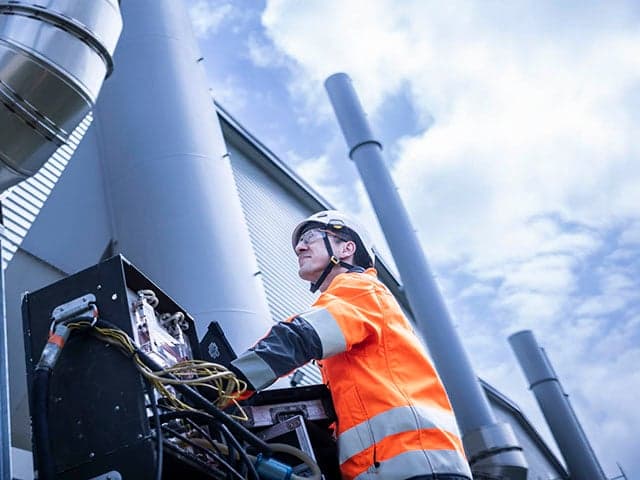
Stack Emissions Testing and Monitoring Services
Element's Stack Emissions Testing and Monitoring Services deliver precise, accredited testing for compliance across multiple industries. With expert teams, advanced technology, and comprehensive solutions, we help ensure environmental standards are met efficiently, minimizing operational disruptions and simplifying data management.

